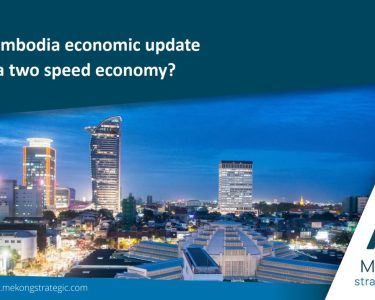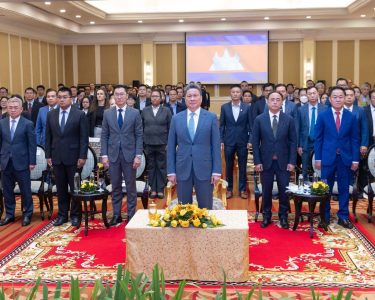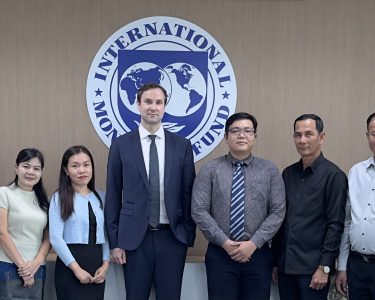Cambodia Investment Review
Cambodia must accelerate the rollout of key financial safety mechanisms—including deposit insurance, emergency liquidity support, and crisis management frameworks—to protect its economy against rising vulnerabilities, according to the ASEAN+3 Macroeconomic Research Office (AMRO).
The recommendation is a central message in AMRO’s 2025 Annual Consultation Report on Cambodia, released August 5, which warns that the Kingdom faces increased economic uncertainty due to external trade shocks and domestic financial sector stress.
Strengthening Cambodia’s financial resilience
AMRO urged authorities to enhance macroprudential policy tools and finalize long-pending safeguards essential for preserving financial stability. These include:
- A deposit insurance scheme to protect savers;
- A banking resolution framework to manage troubled lenders; and
- Emergency liquidity assistance mechanisms to support the banking system in times of stress.
The report emphasized that while the financial system remains broadly stable, mounting non-performing loans (NPLs), historically low credit growth, and continued weakness in the real estate sector could threaten the banking sector’s resilience. Without proper crisis management systems in place, these risks could spill over into the broader economy.
Growth under pressure from trade headwinds
Cambodia’s GDP expanded 6.0% in 2024, but AMRO forecasts a slowdown to 5.2% in 2025 and 4.7% in 2026, mainly due to the impact of US tariffs and subdued external demand. While the US recently reduced its reciprocal tariff on Cambodian goods to 19%, down from the initially proposed 36%, the report cautioned that growth remains highly sensitive to price elasticity and market response.
In a more adverse scenario—if demand proves highly elastic or tariffs increase again—economic growth could fall to 4% or less over the next two years.
The current account, which posted a small surplus in 2024, is expected to shift to a deficit of 3.5% of GDP in 2025 and 5.4% in 2026. Meanwhile, the fiscal deficit is projected to widen as the government reverses spending cuts made in 2024, and public debt is expected to reach 27.2% of GDP.

Policy priorities for a resilient future
In response to the shifting economic landscape, AMRO recommended that the Cambodian government:
- Maintain an accommodative monetary policy, while ensuring temporary regulatory relief for NPLs is time-bound and does not create moral hazard;
- Prepare contingency measures in case US trade actions worsen or become permanent;
- Strengthen tax collection through the government’s new revenue mobilization strategy to address fiscal gaps; and
- Improve inter-agency coordination and data quality to support evidence-based decision-making.
While the government’s recent tariff reduction on US goods was seen as a constructive de-escalation step, AMRO noted that deeper reforms are essential for long-term resilience. These include diversifying export markets, enhancing domestic competitiveness, and pursuing gradual fiscal consolidation.
A critical test for Cambodia’s institutions
AMRO concluded that Cambodia’s ability to maintain macroeconomic stability will depend not only on near-term policy responses but also on the speed and effectiveness of institutional reform.
Without fully operational safety nets and resolution mechanisms, the Kingdom remains exposed to external shocks and potential financial instability. Strengthening these frameworks is now seen as a critical step in securing sustainable growth and protecting the gains of the past decade.





